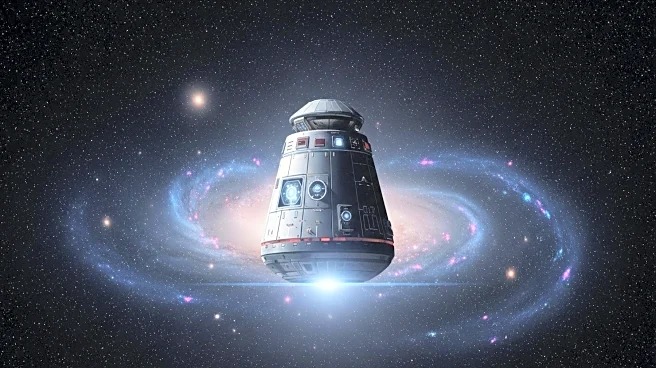What's Happening?
China is rapidly expanding its space capabilities, aiming to challenge the United States' dominance in space. The country is developing megaconstellations of communication satellites, reusable rockets, and advanced technologies such as artificial intelligence. China's space program includes plans to send astronauts to the Moon by 2030 and to collect Martian soil samples by 2031. These efforts are part of a broader strategy to enhance China's technological and economic influence globally.
Why It's Important?
China's advancements in space technology have significant implications for global power dynamics. The country's ability to deploy large satellite constellations and develop cutting-edge technologies could shift the balance of power in space, affecting international relations and security. The U.S. and other countries may need to reassess their space strategies to maintain competitiveness and address potential security threats posed by China's growing capabilities.
Beyond the Headlines
China's space ambitions are not limited to technological advancements; they also involve fostering international cooperation and offering opportunities for other countries to participate in its space missions. This approach could enhance China's soft power and influence in global affairs. However, the dual-use nature of many space technologies, which can serve both civilian and military purposes, raises concerns about their potential use in conflict scenarios.










